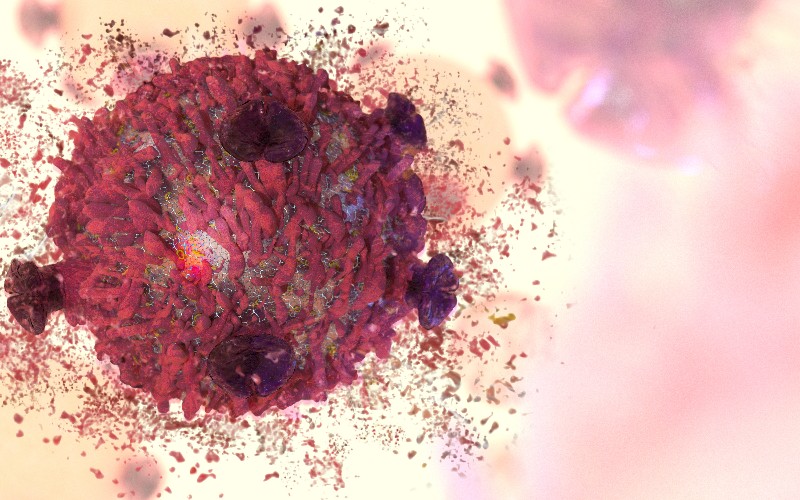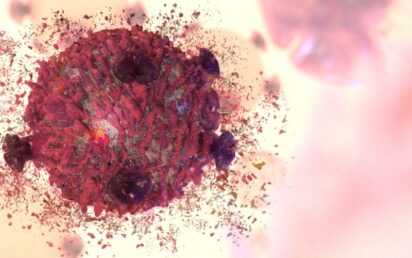Dendritic cell treatment is a type of сancer immunotherapy that uses “lab-trained” immune cells to successfully find and destroy malignant neoplasms throughout the body. It is a prime candidate for adding to the cancer treatment armamentarium, as it significantly improves patient survival when used in combination with conventional treatments. Currently, dendritic cell therapy is recommended in advanced stages of cancer and trials are underway to extend its use.
Who may benefit from a cancer vaccine
Due to their ability to present heterogenous antigens (i.e. bacteria, fungi, atypical cells), dendritic cells (DCs) are key coordinators of the innate and adaptive immune systems and play a critical role in the antitumor immunity launching. Thus, DCs-based vaccines are used in totally different types of cancer, such as:
• Melanoma
• Prostate cancer
• Breast cancer
• Osteosarcoma
• Pleural mesothelioma
• Colon cancer
• Lung cancer
• Kidney cancer
• Pancreatic cancer
•Glioblastoma
The most studied and actively used vaccines are for melanoma and prostate cancer. They are typically administered after surgical treatment, so that healthcare professionals can use removed tumor tissue for the vaccine manufacturing. They are also a suitable addition to chemotherapy. Your healthcare provider may offer you more than one scheme of DCs usage.
The expected results are a higher chance of achieving remission and a lower risk of relapse. It is important that dendritic cell vaccines provide long-term anti-tumour immunity, so that a patient is protected against malignancies for a long time after vaccination.
Manufacturing individual cancer vaccines
Cancer treatment with dendritic cells requires the individual production of a vaccine – it is not the kind of drug that you can simply buy in a pharmacy. To do this, healthcare professionals will need two things:
1. The patient’s blood, as a source of their own DCs.
2. A tumor sample as a source of individual tumor antigens.
The doctors take about 150-200 ml of blood, which is completely safe and does not cause anemia or other complications. In fact, only one blood component is used – monocytes – so plasma and other blood components are infused back.
Immature monocytes are cultured in the laboratory while being exposed to a patient’s tumor. Having a tumor sample is crucial because the maturing DCs are trained to recognise tumor-specific antigens. In this way, doctors receive individual, highly targeted vaccines.
The whole process takes about 7 days, and after a final quality check, the vaccine is ready. The individual production of the drug significantly improves the effectiveness of the treatment, but at the same time increases the dendritic cell therapy cost.
Receiving your vaccine and planning future
Before starting treatment, the patient undergoes a preliminary diagnostics: a general physical examination, complete blood count, biochemical blood tests, visualizing studies, etc. It is necessary to assess the initial condition and track its changes throughout the treatment course.
The vaccine is injected under the skin, the procedure is carried out at the doctor’s office or day hospital, without hospitalization. Vaccination is well-tolerated and can be repeated, if indicated clinically. The doctor determines an appropriate follow-up and treatment program based on the clinical case.
To have your cancer vaccination at one of the specialized clinics in Germany or other European countries, visit the Booking Health website. Here you can find a list of hospitals, information about their success rates, possible appointment dates, prices, etc., and book your treatment program straight away.

